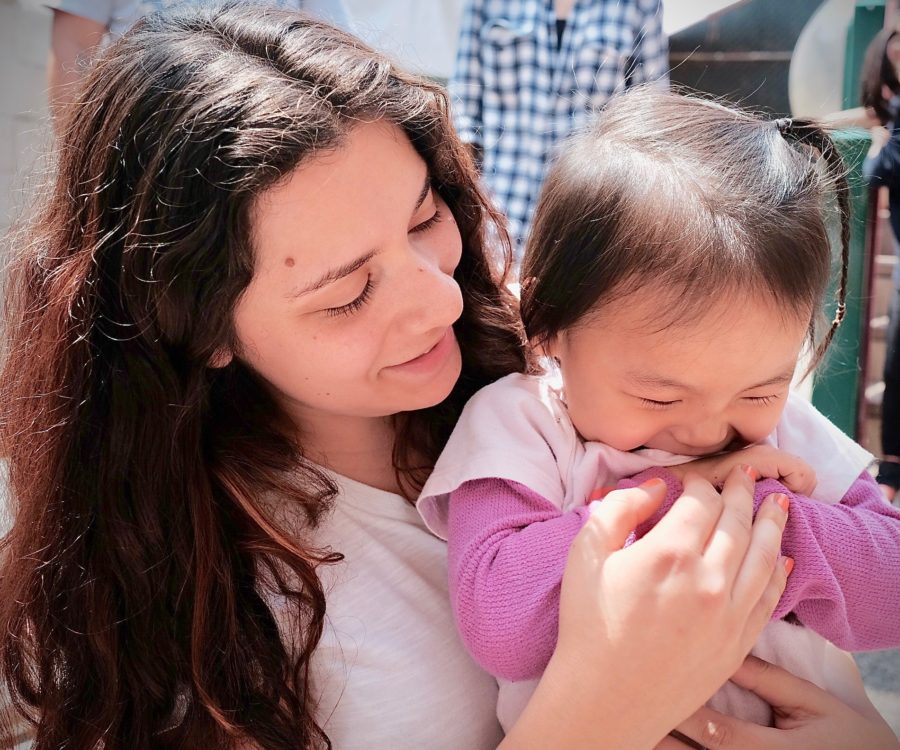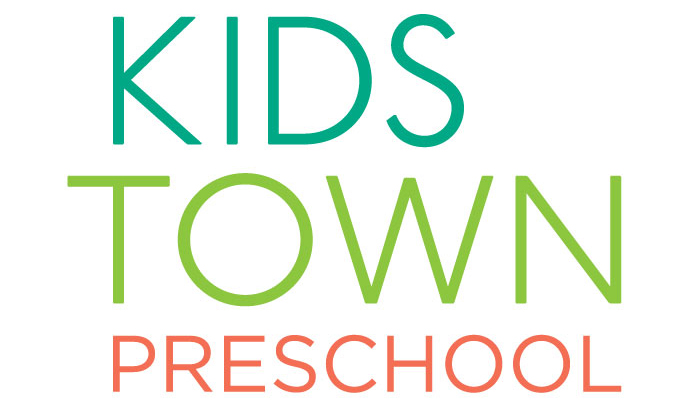Special Education


Many children will reach their milestones at an appropriate age. However, there are some children who might be delayed or display unusual behaviors. This can be worrisome to some parents, and it is important to recognize what some of these behaviors might be, as the earlier you intervene, the better you can help your child.
Some early childhood disorders include:
Autism
Hearing impairment or deafness
Visual impairment or blindness
Speech or language impairment
Emotional disturbance
Learning disabilities
Mental retardation
Physical impairment—e.g. asthma, epilepsy, hemophilia, heart condition, leukemia
Traumatic brain injury
If you believe your child is not meeting their milestones, or has behavior that is troubling you, it is important to get them professionally assessed so that it can be determined if your child needs help.
Atypical Behavior
- Hit, bite or kick for no reason
- Be overly destructive or aggressive
- Have many tantrums
- Act out of control
- Have difficulty focusing on tasks, sitting still
- Refuse to ride in a car seat
- Hurt themselves, pulling hair, biting, banging head against wall
- Fascinated with spinning—wheels, fans or spinning themselves around and around
- Flaps hands and arms
- Rocks back and forth when sitting
- Plays with toys the wrong way, throws them across the room
- Gags on food often
- Puts objects into their mouth after 15 months of age
- Addicted to TV, DVDs, videos
- Rarely makes eye contact with other people, except parents
- Dislikes being cuddled even at bedtime or when sick
- Has a hard time with noisy places, bright lights
- Has a hard time going out in public
- Has a hard time being barefoot in the grass
- Has a hard time getting dirty, having things out of order (like shoes in closet, needs them to be in a line)
- Has a hard time with tags in clothing
- Appears to be slow or daydreamy, in their own world
- Does not understand what you are saying after 16 months of age
- Only repeats sounds like “Dee dee dee,” etc.
- Does not interact with others
- Has problems sleeping, difficult to awaken
- Seems not to feel pain
- Seems to be losing their ability to speak or any other skills
- Has problems at daycare or preschool, getting kicked out
- Has any other behavior that you suspect might be abnormal
Special Education Resources
If you find that your child might need special attention, the following resources are available for you:
REGIONAL CENTERS
Regional centers provide services for children from birth up to 36 months who are at high risk of a developmental disability. These Early Start programs help with the development of language, personal, social, cognitive, and motor skills, under the guidance of specialists in child development, occupational therapy, physical therapy, and speech therapy.
A baby or young child may be considered at high risk if one or more of the
following is present:
Delay in one or more developmental areas
Medical issues or complications such as severe breathing problems, central nervous system infection or bleeding, low birth weight, prematurity, birth defects, failure to thrive, and exposure to toxic chemicals or drugs during pregnancy
Parent(s) with a developmental disability
To find the regional center in your area, call 1-800-515-BABY (2229).
Frank D. Lanterman Regional Center
213-383-1300
Serves and includes Hollywood-Wilshire, Central Los Angeles, Glendale, Burbank, La Cañada-Flintridge, La Crescenta and Pasadena.
South Central Regional Center
213-744-7000
Serves south of Washington Boulevard and east of La Cienega Boulevard, and includes Compton, Huntington Park, Maywood, Bell, Downey, Bell Gardens, Lynwood, Carson and Paramount, among other cities.
Los Angeles Unified School District (LAUSD)
Division of Special Education
213-241-4713
Preschool-aged children from ages 3 to 5 have the right to special education services from the LAUSD Division of Special Education in the Preschool Program if they have one or more of the following eligibilities:
- autism or autistic-like behaviors
- deaf-blindness
- deafness
- emotional disturbance
- hearing impairment
- mental retardation
- multiple disabilities
- orthopedic impairment
- other health impairment
- specific learning disabilities
- speech or language impairment
- traumatic brain injury
- visual impairment including blindness
LAUSD staff and families work together to develop language, social, emotional, motor and pre-academic skills through activities and materials in an early childhood center or school setting. This partnership between professionals and families helps meet the child’s individual needs and increase future school success.
Children from birth to 3 years are eligible for services under the Infant Program if they have been identified with a hearing loss, visual impairment, or severe orthopedic impairment.
Parents or guardians (as well as teachers, principals, and other school personnel) 1.) refer your child to be assessed. During the 2.) assessment process, your child may be tested or observed either at a LAUSD site or in your child’s classroom. Your child’s teacher may be interviewed, and your child’s school work may be looked over. Then, 3.) an Individualized Education Program (IEP) meeting will be held to discuss whether or not your child is eligible for special education services and a written IEP plan will be created. If your child is given an IEP, then 4.) an IEP review will be held every year to
see if it is meeting your child’s needs.

